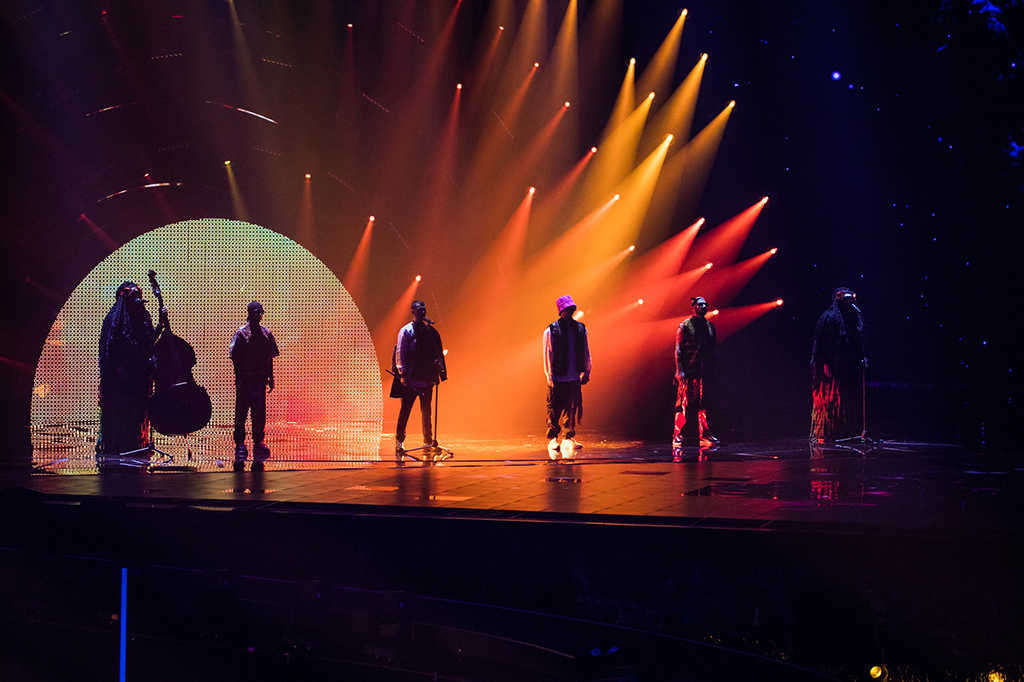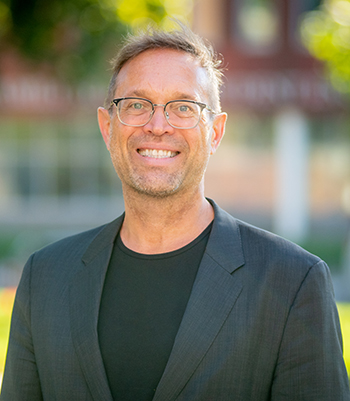In The Conversation
Professor Robert Tobin explains why Eurovision is more than just a song contest

The Eurovision Song Contest, the annual international song competition that features performances from more than 40 European nations (along with Israel and Australia), kicks off in Turin, Italy, on Tuesday, May 10, with its first semifinal round. But for many, the 65-year-old contest, whose winner is decided by a combination of viewer votes and a professional jury, is not simply a game of which nation’s song is the best, but rather a reflection of history and the development of international borders.

In an essay published on the online news site The Conversation, Robert Deam Tobin, the Henry J. Leir Chair in Language, Literature, and Culture, prompts audiences to think more critically of what is typically viewed as a simple staple of popular culture. “Over the decades, the contest has pushed and readjusted the boundaries of ‘Europe,’ both geographically and ideologically,” he writes in “‘Walking through Europe’s door, singing’ – How Eurovision helps define Europe’s boundaries (and why Ukraine will likely win).”
Some nations attempt to try and make a statement through their lyrics and rhythm, and while the European Broadcasting Union has attempted to quell political overtones, it doesn’t approve of such statements — but Eurovision viewers, whose votes comprise half of the scores, don’t necessarily feel the same way. “Success in the Eurovision Song Contest has often come as countries move toward the liberal, inclusive, pluralistic, democratic ideals of Europe,” Tobin writes. “Most notably, the countries of Eastern Europe, which started competing in the 1990s, embraced the contest as a symbol of Western freedom.”
This trend bodes well for Ukraine, which “fits into this pattern perfectly,” Tobin writes. In the past, Ukraine has submitted performances that celebrate the country’s rich history or commemorate difficult times. “Facing Russian aggression once again, it looks like Ukraine has a good chance of winning Eurovision in 2022. According to oddsmakers, as of May 4, 2022, it had a 43% chance of winning.”


